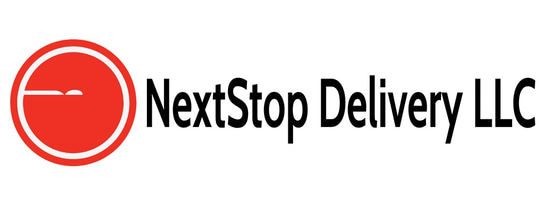Navigating the Challenges of International Transportation and Distribution in a Globalized World
11/28/20241 min read


Introduction to International Transportation Challenges
As globalization progresses, the landscape of international transportation and distribution becomes increasingly complex. Businesses striving to operate on a worldwide scale encounter numerous challenges, including customs policies, trade barriers, and language barriers. These issues can significantly hinder logistics operations and affect the efficiency of cross-border transportation.
Understanding Customs Policies and Trade Barriers
One of the foremost challenges of international transportation is navigating the intricate customs policies of different countries. Each nation has its own regulations regarding imports and exports, which can vary greatly and change frequently. Companies must stay updated on these policies to avoid delays and additional costs. Additionally, tariff and non-tariff barriers can complicate the distribution process, making it crucial for businesses to develop robust strategies for dealing with these obstacles. Engaging with experts in international trade can provide valuable insights and facilitate smoother transactions across borders.
Overcoming Language Barriers in Logistics
Communication is vital in logistics, yet language barriers can impede the flow of information between parties in different regions. Misunderstandings or misinterpretations can lead to costly errors in shipping instructions, documentation, or delivery. To mitigate these risks, companies should consider employing multilingual staff or utilizing translation services. Additionally, investing in technology that supports multiple languages can enhance efficiency and improve coordination between international teams.
Strategies for Enhancing Efficiency in Global Distribution
To successfully navigate the challenges posed by globalization, businesses must adopt strategic approaches to their logistics and distribution processes. This includes building strong relationships with local partners who have in-depth knowledge of regional regulations and practices. Leveraging advanced technology for tracking shipments and managing inventory can also streamline operations, providing real-time data to ensure timely deliveries and reduce the likelihood of errors.
Furthermore, companies should continuously assess their logistics networks to identify potential inefficiencies and areas for improvement. By remaining agile and responsive to the evolving dynamics of international trade, organizations can enhance their competitive edge and successfully manage the complexities of distribution on a global scale.
Subscribe to us to get the latest logistics information and transportation solutions! Let us provide you with accurate and efficient logistics services to help your business grow rapidly.
© 2024. All rights reserved.
